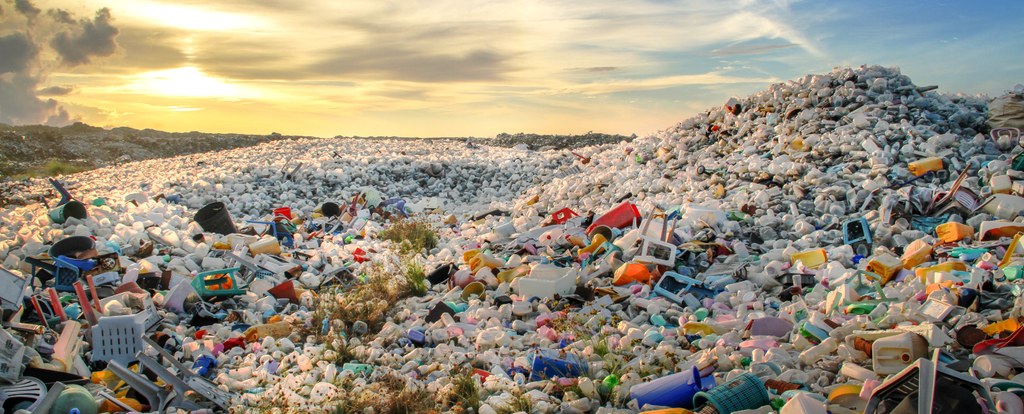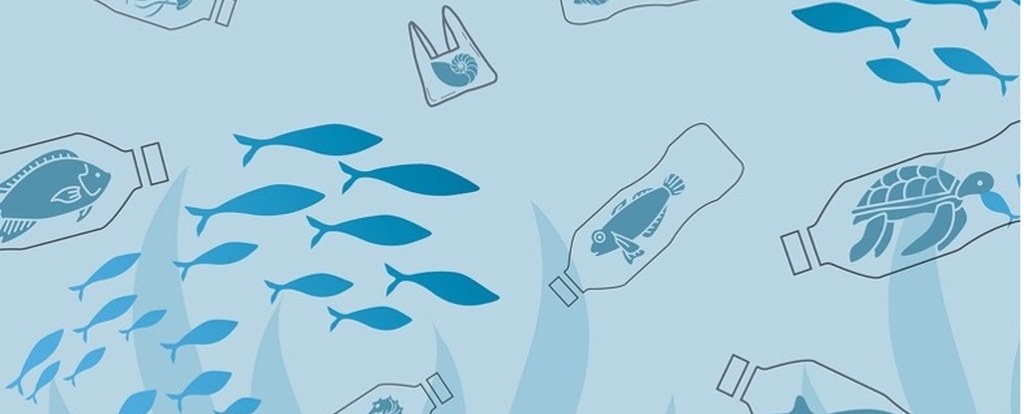Project
Upcycling, as defined by Wilson (2016), differs from simple recycling (which many consider downgrading or even "downcycling" and therefore has negative connotations) because it involves a transformation of the reused object that increases its value not only economically or functionally, but also symbolically. Upcycling recalls the culture of reuse and "conservation" from the pre-consumer era, when "nothing was thrown away" and everything was repaired.
The two research units will perform highly integrated and complementary tasks, but will focus on different aspects. In particular, the UNIBO unit will deal with inorganic materials (plastics), while the UNITO unit will work mainly with organic materials (textiles). The decision to focus on these two materials is based on some key differences: on the one hand, plastic, now identified as the main enemy of an increasingly "plastic polluted" environment, is a material that is not degradable and is deposited in the environment, changing it forever. On the other hand, textile materials represent changeable, reusable and to some extent biodegradable objects that, by placing themselves in the realm of fashion (without exhausting themselves there), stimulate a reflection on the paradigmatic changes that have taken place in this sector in recent years. Working with these different types of materials will allow us to identify different ways of "afterlife" of recycled objects (not everything is recycled in the same way, different objects and materials are reused or not in different ways depending on the different "object cultures").
We will approach upcycling from a double perspective: that of waste (what is recycled was previously stripped and deprived of any meaning in the current "object system") and that of cultural heritage (often the recycling of the object consists in reintroducing it into the cycle of meaning through its selection and preservation). The project addresses upcycling practices at the intersection of "waste cultures" and "practices of memory".
Finally, CULT-UP theorizes the efficacy of a "cultural upcycling" that takes into account the semiotic value of the recovered object, which is not to be considered as a mere symbolic overlay, but as a relationship between the past and the potential senses of the object to be upcycled in the face of a constantly evolving "object system".
The main scientific-cultural impact of this project stems from its theoretical premise, i.e., the goal of understanding how the narratives and semiotic reframings of waste at diachronic and synchronic levels can foster scientific and cultural reflection on the issues of sustainability and the Anthropocene. In addition to expanding knowledge and research on waste upcycling, the project also includes an important scientific methodological spin-off by deepening the potential for interaction between socio-semiotic and other close disciplines such as STS studies, history of science, and design. The project will also contribute to the semiotics of cultural memory by shedding light on the dynamics of preservation/rejection that underlie systems of heritage and waste, the role of materiality in semiotic processes of memory, and the "anthropologies of waste". The project foresees numerous activities to disseminate the scientific results through two publications, a final conference, and the White Paper on Upcycling, which is also expected to have a scientific and not only an applied relevance. It is also expected that the research will have an international resonance through interaction with the international research network referred to by PI and co-PI (and their teams).

